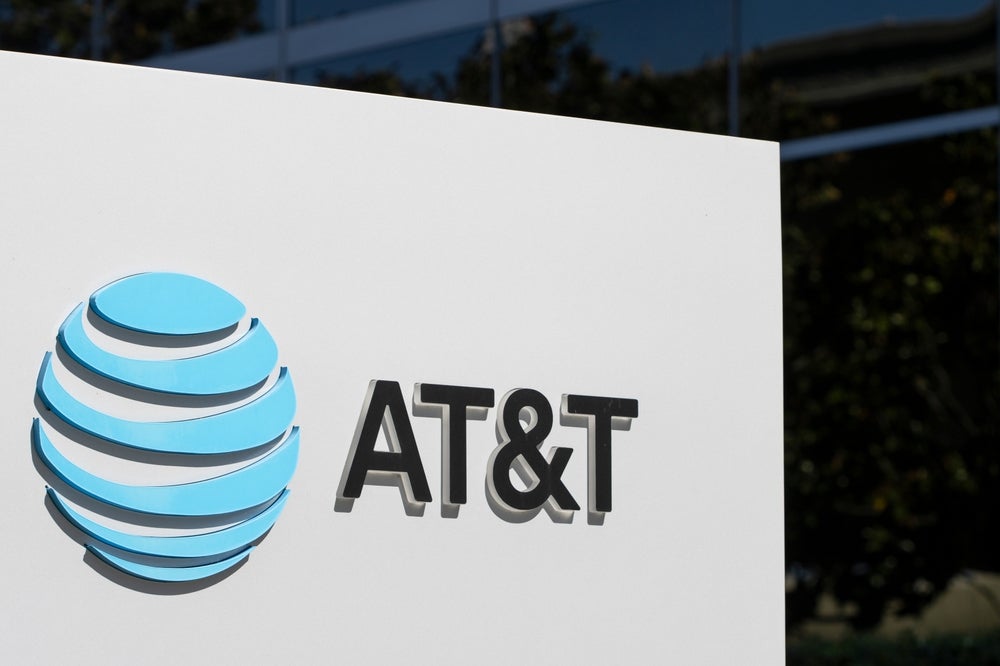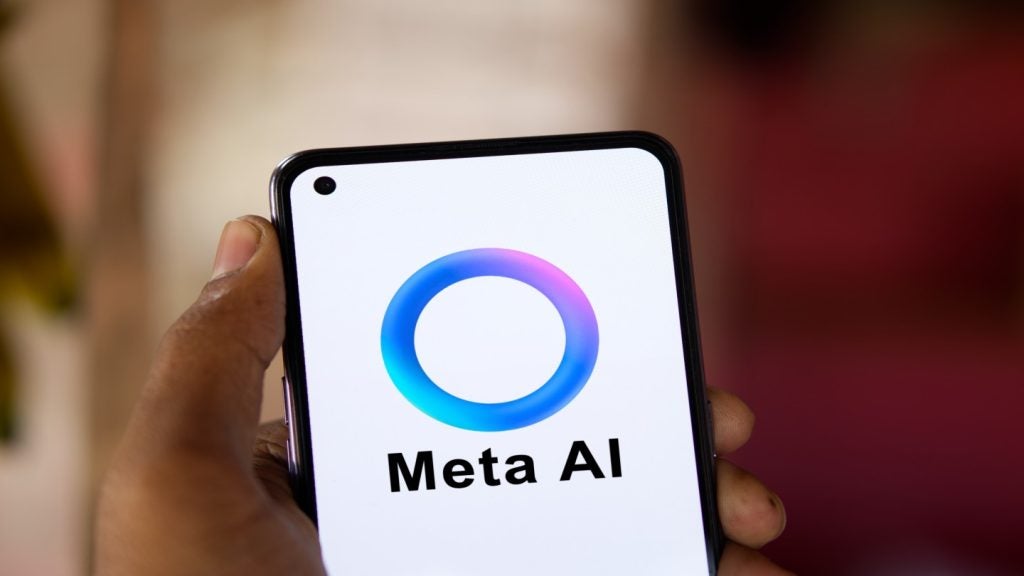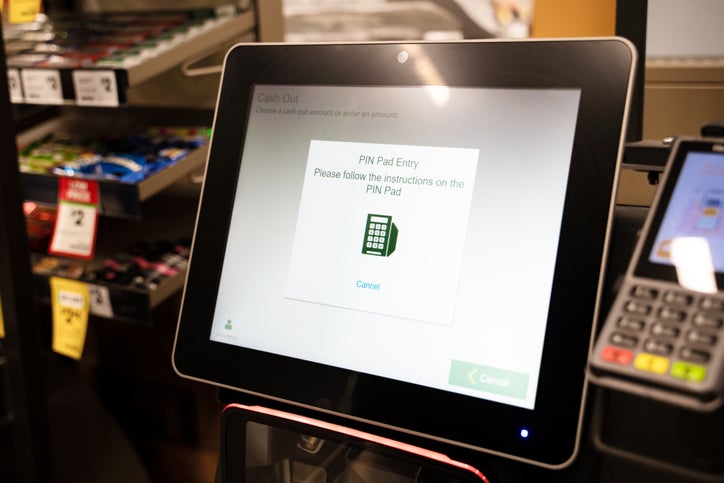
Social media companies Meta (formerly known as Facebook) and Snap both recorded quarterly results this week, but the privacy policy recently introduced by Apple on its popular devices affected them very differently.
Meta said the iPhone maker’s new rules would shave $10bn off its revenue this year. The news combined with the Menlo Park-headquartered Goliath missing analyst expectations by only achieving $33.67bn revenue in the last quarter resulted in a bloodbath on the stock market, with the Facebook-owner losing over 20% of its value, wiping out over $200bn in value.
While Meta’s results initially dragged down Snap’s stock by 23.6%, the Snapchat owner recovered swiftly once it made its own announcement: that it had closed its first profitable quarter ever.
The Santa Monica-headquartered company recorded a $23m net income in the fourth quarter on $1.3bn revenue. Its shares skyrocketed by 52% following the news. Snap achieved these stellar results, it said, by reacting to Apple’s privacy policy with a range of different initiatives.
There couldn’t have been a starker contrast with Meta, suggesting that the younger company has been able to roll with the punches better than its bigger rival.
What is Apple’s App Tracking Transparency system?
Data privacy is increasingly becoming a key consideration for Big Tech leaders. A combination of fake news proliferation and scandals involving Silicon Valley giants’ use of the information they have on people – such as the Cambridge Analytica scandal – have eroded the public’s trust in these platforms.
How well do you really know your competitors?
Access the most comprehensive Company Profiles on the market, powered by GlobalData. Save hours of research. Gain competitive edge.

Thank you!
Your download email will arrive shortly
Not ready to buy yet? Download a free sample
We are confident about the unique quality of our Company Profiles. However, we want you to make the most beneficial decision for your business, so we offer a free sample that you can download by submitting the below form
By GlobalDataLawmakers and regulators have responded by increasingly scrutinising and regulating the sector. The past few years have seen a plethora of privacy regulations being implemented across the world, with the EU’s General Data Protection Regulation and the California Consumer Privacy Act leading the charge.
“Data privacy regulation is the biggest threat to Big Tech,” researchers wrote in a recent research report from GlobalData. “At stake is the very future of the ad-funded business model that supports Facebook, Google, and many others. Even antitrust regulators are shifting their focus from investigating abuse of significant market power in product markets to investigating abuse of power when it comes to the control of customer data.”
Looking at hiring trends, GlobalData’s market intelligence suggests that technology companies are increasingly hiring with data privacy in mind. In the end of third quarter of 2019, it recorded 834 active job vacancies in the data privacy in technology sector. That figure jumped to 7,193 active job vacancies at the end of the fourth quarter of 2021.

Apple has taken this threat seriously. In 2020, the Cupertino-headquartered firm announced that the iOS 14.5 update, implemented in June 2021, would enable iPhone users to actively give apps permission to track their journeys across the web. If businesses fail to get that consent, they can’t track them, leaving companies without the ability to target users for their advertisement clients. This is what is referred to as Apple’s App Tracking Transparency, or ATT, system.
Understandably, companies reliant on advertisement revenue fought tooth and nail against the implementation of it. Apple didn’t relent and with the implementation of the policy, it was only a matter of time before it would start to affect the likes of Meta and Snap.
Meta feels the pain of Apple’s privacy rules
Meta was one of the companies that fought hardest against the ATT system, even taking out ads in New York Times, Wall Street Journal and Washington Post, accusing Apple of threatening the livelihoods of the “10 million businesses [who] use our advertising tools each month to find new customers, hire employees and engage with their communities”.
Menlo Park failed to prevent the rollout nonetheless. This week Meta delivered one of the most startling indications of the iPhone maker’s impact on the sector when the social media company reported its results for the fourth quarter.
During a following Q&A with analysts, Meta’s CFO Dave Wehner said “the impact of iOS overall is a headwind on our business in 2022” that could shave $10bn of its takings over the next year.
CEO Mark Zuckerberg noted in his prepared remarks during the earnings call that both “Apple’s iOS changes and new regulation in Europe” have meant that there is “less data is available to deliver personalised ads.”
This was later echoed by COO Sheryl Sandberg, who said: “Like others in our industry, we’ve faced headwinds as a result of Apple’s iOS changes.”
She continued that the company is working on overcoming the challenges of decreasing accuracy and the growing difficulty of measuring the outcomes of ads. Meta is working on “closing the underreporting gap for iOS web conversions” and introducing new tools to “deliver better insights for advertisers”.
“These efforts will help to mitigate some of the challenges, but we expect the overall targeting and measurement headwinds to moderately increase from Apple’s changes and from regulatory changes in Q1 and throughout 2022,” Sandberg said.
Meta also noted that advertisers might also be hesitant to open up their wallets due to macroeconomic challenges like cost inflation, labour shortages and supply chain disruptions impacting their budgets. Menlo Park stated that foreign exchange rates could also become a problem throughout the year.
Snap enjoys first profitable quarter despite Apple’s policy
Like Meta, Snap has also felt the brunt of the Apple policy. In October, the Snapchat owner saw its shares drop by 25% after it reported disappointing quarterly results, blaming the iPhone maker’s policy on its ability to target users for ads.
“This has definitely been a frustrating setback for us,” Evan Spiegel, founder and CEO of Snapchat, said at the time.
Fast-forward and the picture has changed. Snap has now enjoyed its first profitable quarter as a public company.
Both Meta and Snap are used on Apple products, but Snap CFO Derek Anderson, said the company had been able to recover “quicker than we anticipated” from the disruption caused by the iOS changes.
He added in the earnings call with investors that Snap has worked to ensure the privacy of its products, meaning the impact of the App Tracking Transparency policy would “likely be experienced differently for our business than perhaps for others.”
“We observed that advertisers began to recover from the initial disruption caused by the iOS platform changes and their resultant impact on the ability of our advertising partners to measure the results of their advertising investments,” Andersen said.
That being said, he noted that it would take a few more quarters until advertisers fully relied on Snap’s new tools.
Like Meta, Snap’s leadership warned that ongoing supply chain woes and labour shortages would continue to haunt advertisers’ budgets for some time to come still.
Snapchat’s daily active users jumped 20% year-over-year to 319 million, beating consensus estimates of 316.5 million.
Neither Meta nor Snap returned requests to comment on this story ahead of publication.
GlobalData is the parent company of Verdict and its sister publications.







